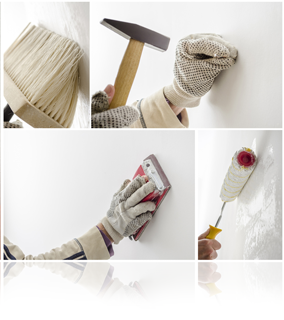What do you notice when you visit a model home in a new development? Often, you’ll find wonderfully furnished and decorated rooms that anyone could live in.
The operative word here is “anyone”.
Sure, there might be a computer screen on a desk in the den, or a child’s Raggedy Ann doll sitting in a corner, but for the most part, all the rooms are anonymous. There is a sense of family, but no specific family… the feeling of personality, but no specific person.
The professionals who set up a model home make it anonymous for a reason. They want buyers to view it as their potential home, not someone else’s. And these professionals know — based on decades of experience — that this strategy helps sell houses faster and for a better price.
Why not use this same strategy when showing your house or condo?
It’s easy. Just put away that soccer trophy, take down the wedding photo, and box those souvenirs from the family vacation at Disneyland. No, you don’t have to completely empty your closets and drawers. Just pack those personal items that can be seen when a potential buyer views a room. Put away toothbrushes, collectibles, even unopened mail. Don’t forget the fridge door, which is often a mosaic of personal items in most family homes.
If you have lots of personal items, consider renting a storage unit for the few weeks that your house or condo will be on the market. It’s worth the investment.
You wouldn’t think of buying a birthday cake with a stranger’s name on it. The same holds true when you show your house or condo. Make it anonymous!









